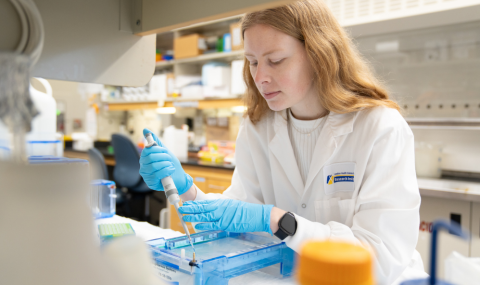Many people enjoy eating together as a family or with friends. However, the person nearing the end of life may not feel hungry and may choose to eat very little or no food. This can cause a lot of concern to the patient’s family and friends.
Why is my loved one not hungry?
There are many reasons why a person might stop eating. Some of these can be treated, but others cannot.
One major reason is that the person’s body may not be able to digest and use food as it once did. This is a normal part of the dying process and it cannot always be treated. However, there are many other reasons a person may not eat:
- Nausea;
- Constipation;
- Bladder and bowel problems;
- Mouth sores;
- Stress and anxiety;
- Pain.
These symptoms can be well managed.
What is anorexia and cachexia?
Anorexia (an-oh-rek-see-uh) is the loss of desire to eat, while cachexia (kuh-kek-see-uh) is the loss of muscle in the body. Both these syndromes can happen because of the tumour’s growth. Many patients with cancer do experience these conditions, which may result in a loss of appetite and weight even if they are eating food. The best therapy is to change the person’s eating habits and to give medicine to treat some of the symptoms.
How can I help?
The best way to help your loved one is to offer foods that are easy to eat and that appeal to them. Food supplements like Ensure® are popular because they are easy to use and digest. These supplements are also useful to gain calories and nutrients. You may also want to:
- Offer smaller portions more frequently since your loved one may not be willing to eat large meals at one time.
- Ensure that your loved one’s head is well supported and upright when eating.
- Provide finger foods if the person has trouble feeding themselves.
It is important to know that it is okay for your loved one to not eat at times. Try not to pressure them to do so. Your loved one will not starve and eating less food during the final days of life is a normal part of the dying process.
For more information, contact one of the following:
- Palliative Care Program, Verspeeten Family Cancer Centre Program at 519-685-8500 extension 53257.
- Southwest Community Care Access Centre’s Head Office at 1-800-811-5146,
TTY 1-800-811-5147. - Supportive Care, Verspeeten Family Cancer Centre at 519-685-8622.


